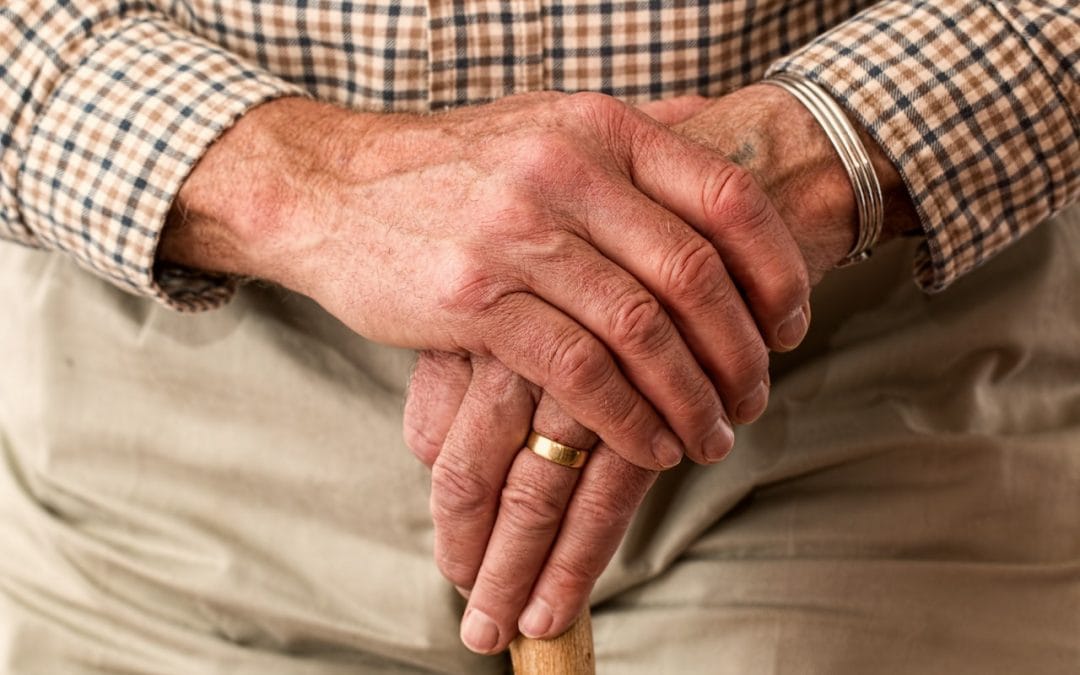Earn trust, express yourself with respect and communicate in a manner adapted to the health condition of your ward.
Effective communication techniques with seniors about their needs and limitations
The basis for effective communication is trust. This applies to everyone, regardless of age. However, it does happen to older people, it's a bit harder to work for. It is extremely important to treat your ward as a person, that needs support, but in a way, leaving dignity. It is worth remembering about the limitations, resulting from the age and medical conditions of the individual. If you have hearing or speech problems, it is good to include methods of non-verbal communication. Pay attention to your and your interlocutor's body posture, gesticulation, facial expressions, etc. A hearing impaired person should be able to see your mouth, to help with lip reading. Take care of that too, let there be silence around you, turn off the radio, televisions. A student struggling with memory problems, you can save joint arrangements.

Talking about the need to introduce certain accessories that make life easier or help in performing everyday activities, don't criticize, don't humiliate, let the senior understand, that he needs help or that some little things can prolong his independence and affect his safety.
How to support a senior in making decisions regarding his needs and limitations?
First of all, it's important, to understand your client's situation. Mostly they are people, who were perfectly healthy in the past, efficient and suddenly have to face numerous difficulties in performing the simplest activities. It's a huge mental burden, especially when it comes to awareness, that over time there will be more and more restrictions. Carers of the elderly they must have a lot of respect and empathy. It is not allowed to point out mistakes and slip-ups or talk about the need for some improvements, like punishment. Also, don't use words like “you can not do it”. The senior should be provided with a calm atmosphere, devoid of pressure. Perfectly, if he feels, that his babysitter or guardian is willing to cooperate with him and strive to provide him with everything, the best. Thanks to this, it will be easier for him to decide on the proposed ways to facilitate functioning.


Recent Comments